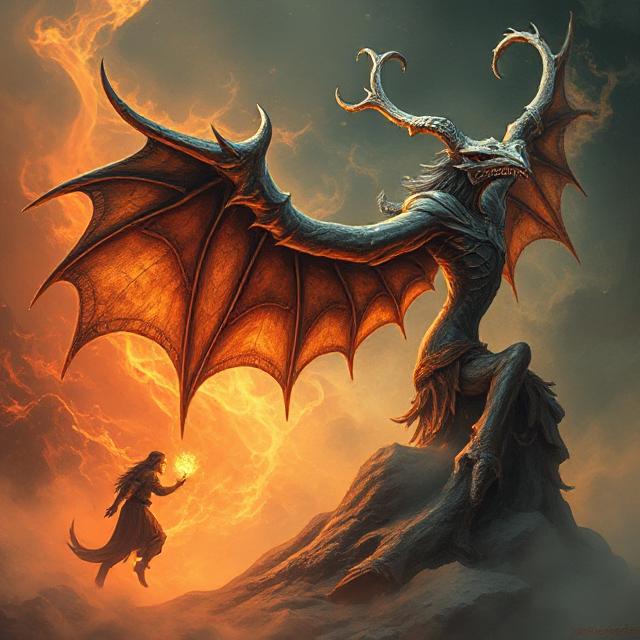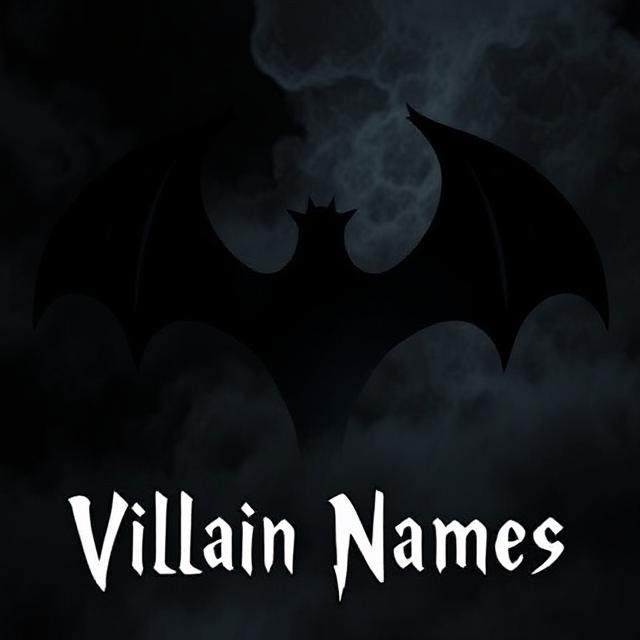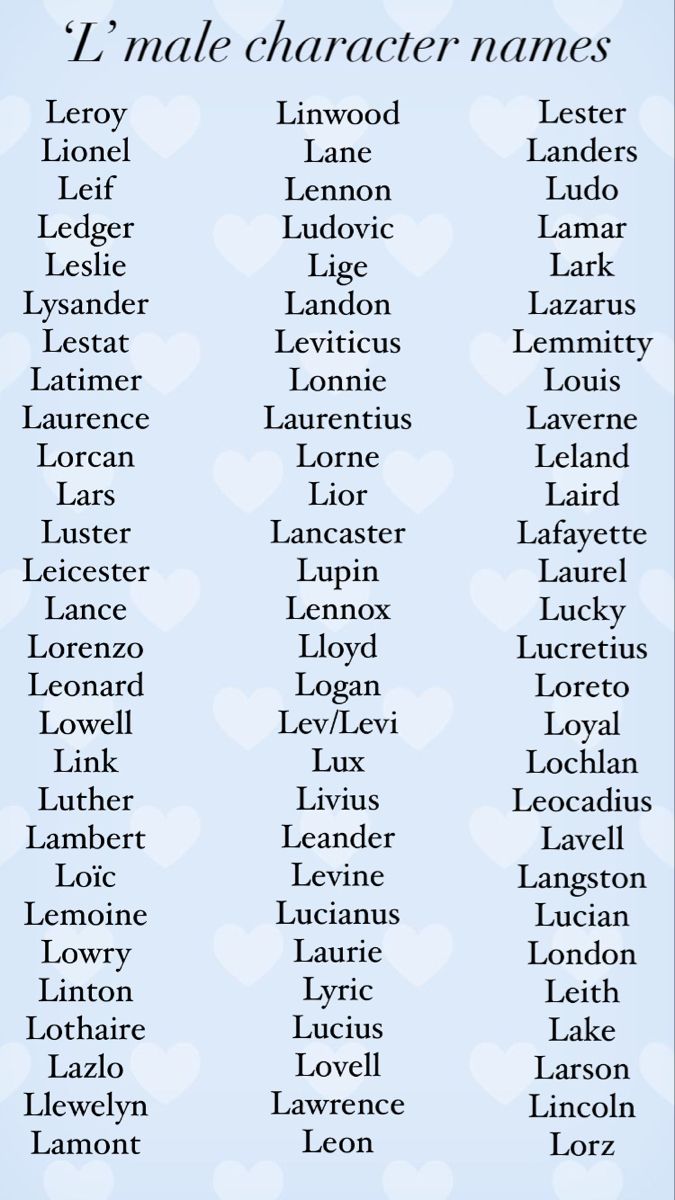Character names are more than just labels—they’re the essence of identity in storytelling. The right name can instantly reveal a character’s personality, background, and purpose. Whether you’re crafting a brave hero, a cunning villain, or a mystical creature, a strong character name makes your story more immersive and memorable. Choosing a meaningful, unique, and fitting name helps readers connect emotionally, enhances world-building, and strengthens your narrative. From fantasy epics to modern dramas, the art of naming characters is a vital step in the creative process.
1. Why Character Names Matter in Storytelling

A well-chosen name defines your character’s identity, shapes reader perception, and enhances memorability. It’s the first impression and often reflects personality, role, or origin. Great names elevate the narrative, helping readers emotionally connect. Whether writing fiction or scripts, naming is a crucial part of character development.
2. How to Choose the Right Name for Your Character

When selecting a name, consider the character’s background, era, culture, and traits. Match the name’s tone with the genre—fantasy, historical, or modern. Ensure pronunciation is clear and consistent with the setting. A meaningful or symbolic name can also subtly hint at a character’s journey or hidden truths.
3. Top Tips for Creating Unique Fantasy Character Names

Fantasy names need to sound magical, exotic, yet easy to remember. Blend syllables, invent new words, or draw from mythologies. Use consistent naming patterns for races or kingdoms. Avoid overly complex names. A unique but pronounceable name helps readers stay engaged and immersed in your fantasy world.
4. Modern & Realistic Names for Contemporary Characters

Contemporary characters require believable, relatable names. Use regional baby name lists, consider current naming trends, or draw from everyday life. Think about age, ethnicity, and social background. A realistic name grounds the character in reality and makes them feel authentic to readers, especially in realistic or dramatic stories.
5. Crafting Memorable Villain Names

Villain names often sound harsh, mysterious, or powerful. Use sharp consonants, dark tones, or symbolic meanings. Think of names like “Voldemort” or “Cruella.” A great villain name is both intimidating and memorable, helping to establish the antagonist’s presence and evoking emotional responses from the audience.
6. Balancing Common and Unusual Names in Your Story

Common names create familiarity; unusual names add flair. Balance both for variety and realism. Avoid confusing readers with too many similar or complex names. Ensure each name fits its character’s role and setting. Uncommon names are memorable, but overuse can distract from the story’s flow and clarity.
7. Tools & Resources to Find the Perfect Character Name

Use online name generators, baby name sites, and cultural databases to find diverse, fitting names. Fantasy and sci-fi name generators can spark ideas. Historical name lists help maintain authenticity. Keep a personal name bank to save favorites. Research ensures your names are appropriate, original, and contextually accurate.










